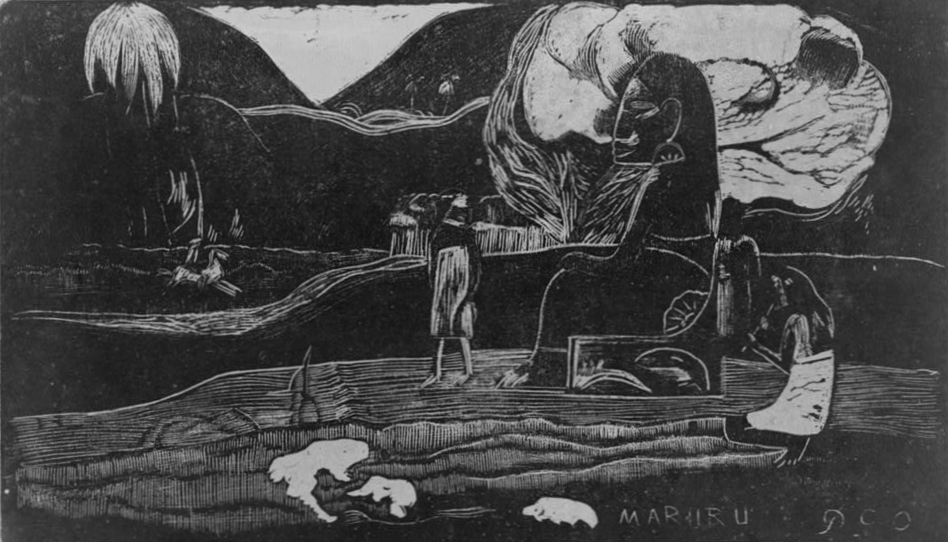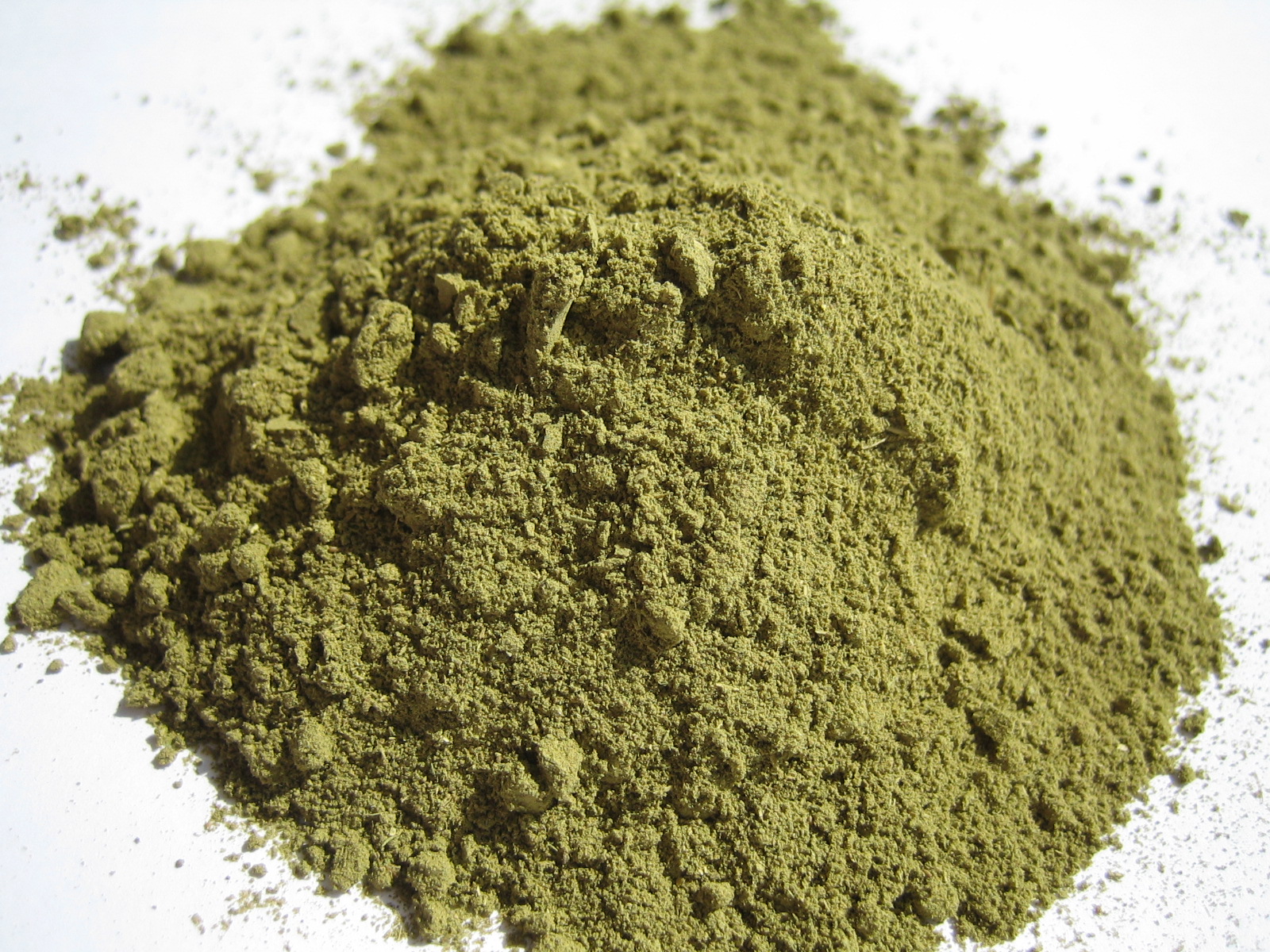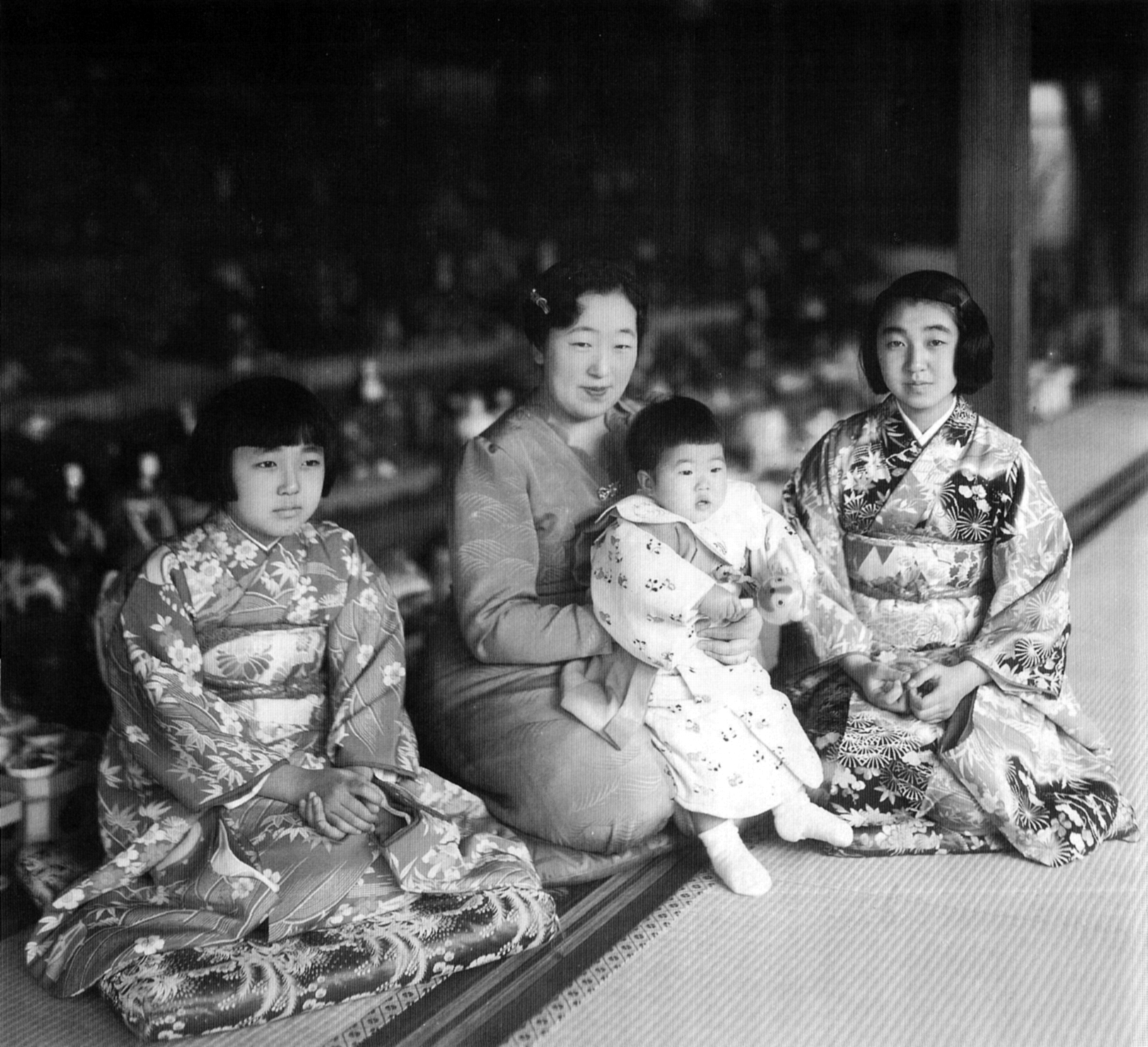|
HINA
Hina may refer to: People and deities * Hina (given name), including a list of people and fictional characters with the name * Hina (goddess), the name assigned to a number of Polynesian deities. * Hina (singer), of 2021 group Lightsum Other uses * Hina, Cameroon, a town * Hina language, a Chadic language spoken in northern Cameroon * HINA (''Hrvatska izvještajna novinska agencija''), the Croatian news agency * Hina, a synonym of '' Gasparia'', a genus of spiders * List of storms named Hina, several tropical cyclones See also * Henna, a dye, and the temporary body art resulting from the staining of the skin from the dyes * '' Hinamatsuri'', or Girls' Day, is a religious holiday in Japan * Heena (other) {{disambiguation ... [...More Info...] [...Related Items...] OR: [Wikipedia] [Google] [Baidu] |
Hina (given Name)
Hina is a female name. In South Asia (), it is derived from Henna. In Japan, it is derived from light or sun. In the Pacific Islands, it is derived from a goddess of various Polynesian cultures. Notable people with the name include: * Hina (wrestler) (born 2006), Japanese professional wrestler * Hina-au-kekele, a Hawaiian lady and the wife of the chief Pilikaʻaie * Hineuki, a Hawaiian lady whose full name was Hina–keʻukiShe was also known simply as Hina. * Hina Akechi, Japanese badminton player * Hina Bokhari, British politician and educator * , Japanese table tennis player * Hina Jilani, Pakistani lawyer and activist * , Japanese voice actress * Hina Kaware, Indian politician and a member of the INC * Hina Dilpazeer Khan, Pakistani actress, model, TV host and singer * Hina Khan, Indian actress * Hina Rabbani Khar, Pakistani stateswoman and economist * Hina Rizvi, Pakistani actress * Hina Khawaja Bayat, Pakistani actress * , Japanese voice actress * Hina Saleem, a Pa ... [...More Info...] [...Related Items...] OR: [Wikipedia] [Google] [Baidu] |
Hina (goddess)
Hina is the name assigned to a number of Polynesian deities. The name Hina usually relates to a powerful female force (typically a goddess or queen) who has dominion over a specific entity. Some variations of the name Hina include Sina, Hanaiakamalama, and Ina. Even within a single culture, Hina could refer to multiple goddesses and the distinction between the different identities are not always clear. In Hawaiian mythology, the name is usually paired with words which explain or identify the goddess and her power such as Hina-puku-iʻa (Hina-gathering-seafood) the goddess of fishermen, and Hina-ʻopu-hala-koʻa who gave birth to all reef life. Hina continues to be a figure in many of the Polynesian religionsStokes, J. F. G., Heiau of Molokai. 1909 in MS. ''The Ancient Worship of the Hawaiian Islanders'', edited by W. T. Bringham. Archives, B.P. Bishop Museum, Honolulu. and her stories serve as traditions that unite Polynesia, specifically the Hawaiian Islands. New Zealand Among ... [...More Info...] [...Related Items...] OR: [Wikipedia] [Google] [Baidu] |
Hina (singer)
Lightsum (, stylized in all caps) is a South Korean girl group formed by Cube Entertainment. The group is composed of six members: Sangah, Chowon, Nayoung, Hina, Juhyeon, and Yujeong. Originally an eight-piece ensemble, members Huiyeon and Jian departed the group in October 2022. The group debuted on June 10, 2021, with the release of their debut single album, ''Vanilla (Lightsum song), Vanilla''. Name The group's name, Lightsum, is a combination of the words "light" and "sum", which symbolizes "things that shine small gather together to light up the world, delivering greater positive energy through a message of hope". History 2017–2020: Pre-debut activities Juhyeon participated in ''The Unit: Idol Rebooting Project'' in 2017–2018 where she finished in 25th place. Chowon, Nayoung, and Yujeong participated in ''Produce 48'' in 2018 where they finished in 13th place, 21st place, and 51st place respectively. It was later revealed that Chowon was rigged out of the lineup of Iz*O ... [...More Info...] [...Related Items...] OR: [Wikipedia] [Google] [Baidu] |
Hina, Cameroon
Hina is a town, commune and political sub division in the Department of Mayo-Tsanaga in the Far North Region of Cameroon. Climate Hina has a tropical savanna climate (Aw) with little to no rain from October to April and moderate to heavy rainfall from May to September. See also *Communes of Cameroon The Divisions of Cameroon are the third-level units of administration in Cameroon. They are organised by divisions and sub divisions of each province (now Regions). As of 2005 (and since 1996) there are 2 urban communities (Douala and Ya ... References Site de la primature - Élections municipales 2002 Contrôle de gestion et performance des services publics communaux des villes camerounaises Thèse de Donation Avele, Université Montesquieu Bordeaux IV * Charles Nanga, La réforme de l’administration territoriale au Cameroun à la lumière de la loi constitutionnelle n° 96/06 du 18 janvier 1996', Mémoire ENA. Communes of Far North Region (Cameroon) {{ ... [...More Info...] [...Related Items...] OR: [Wikipedia] [Google] [Baidu] |
Hina Language
The Mina language, also known by the names Hina and Besleri, is a Chadic language spoken in Northern Cameroon by 10,000 people. Speakers of Mina are generally bilingual, with Fulfulde (Fula) being the second language. Fulfulde is often joined by French as a third language in educated speakers. Besleri is spoken in most of Hina commune ( Mayo-Tsanaga Department, Far North Region), with Gamdugun and Jinjin in the southwest and southeast of the area, respectively. Dialects Frajzyngier & Johnston (2005) list three Mina dialects: Marbak, Kefedjevreng and Dzundzun. ''Ethnologue'' also lists three: Besleri, Jingjing (Dzumdzum), Gamdugun. While the correspondence of "Jingjing" and "Dzundzun" is clear, the identity of the others is not. Mutual intelligibility In linguistics, mutual intelligibility is a relationship between different but related language varieties in which speakers of the different varieties can readily understand each other without prior familiarity or special eff ... [...More Info...] [...Related Items...] OR: [Wikipedia] [Google] [Baidu] |
Gasparia
''Gasparia'' is a genus of South Pacific araneomorph spiders in the family Toxopidae, and was first described by Brian J. Marples in 1956. Originally placed with the intertidal spiders, it was moved to the Toxopidae in 2017. Species it contains twenty-two species, all found in New Zealand: *'' Gasparia busa'' Forster, 1970 – New Zealand *'' Gasparia coriacea'' Forster, 1970 – New Zealand *'' Gasparia delli'' (Forster, 1955) – New Zealand (Antipodes Is., Auckland Is., Campbell Is.) *'' Gasparia dentata'' Forster, 1970 – New Zealand *'' Gasparia edwardsi'' Forster, 1970 – New Zealand *'' Gasparia kaiangaroa'' Forster, 1970 – New Zealand (Chatham Is.) *'' Gasparia littoralis'' Forster, 1970 – New Zealand *'' Gasparia lomasi'' Forster, 1970 – New Zealand *'' Gasparia mangamuka'' Forster, 1970 – New Zealand *'' Gasparia manneringi'' (Forster, 1964) – New Zealand (Snares Is.) *'' Gasparia montana'' Forster, 1970 – New Zealand *'' Gasparia nava'' Forster, 1970 ... [...More Info...] [...Related Items...] OR: [Wikipedia] [Google] [Baidu] |
List Of Storms Named Hina ...
The name Hina has been used to name two tropical cyclones in the SouthPacificOcean and one in the South-WestIndianOcean. In the SouthPacific: * Cyclone Hina (1985) – became a Category5 severetropicalcyclone * Cyclone Hina (1997) – considered the worst tropical cyclone to affect Tonga in 15 years After the 1996–97 season, the name ''Hina'' was retired from future usage in the SouthPacific. In the South-WestIndianOcean: * Tropical Storm Hina (2009) – did not affect land See also * List of storms named Gina – a similar name that has been used in three tropical cyclone basins {{storm index, Hina Hina Hina may refer to: People and deities * Hina (given name), including a list of people and fictional characters with the name * Hina (goddess), the name assigned to a number of Polynesian deities. * Hina (singer), of 2021 group Lightsum Other u ... [...More Info...] [...Related Items...] OR: [Wikipedia] [Google] [Baidu] |
Henna
Henna is a reddish dye prepared from the dried and powdered leaves of the henna tree. It has been used since at least the ancient Egyptian period as a hair and body dye, notably in the temporary body art of mehndi (or "henna tattoo") resulting from the staining of the skin using dyes from the henna plant. After henna stains reach their peak colour, they hold for a few days and then gradually wear off by way of exfoliation, typically within one to three weeks. Henna has been used in ancient Egypt, ancient Near East and the Indian subcontinent to dye skin, hair, and fingernails; as well as fabrics including silk, wool, and leather. Historically, henna was used in West Asia including the Arabian Peninsula and in Carthage, other parts of North Africa, West Africa, Central Africa, the Horn of Africa and the Indian subcontinent. The name ''henna'' is used in other skin and hair dyes, such as ''black henna'' and ''neutral henna'', neither of which is derived from the henna plant. ... [...More Info...] [...Related Items...] OR: [Wikipedia] [Google] [Baidu] |
Hinamatsuri
, also called Doll's Day or Girls' Day, is an annual festival in Japan (but not a national holiday), celebrated on 3March of each year. Nussbaum, Louis-Frédéric (2005)"Hina Matsuri"in ''Japan Encyclopedia'', p. 313. Platforms covered with a red carpet material are used to display a set of representing the emperor, empress, attendants, and musicians in traditional court dress of the Heian period. Customs is one of the that are held on auspicious dates of the Lunisolar calendar: the first day of the first month, the third day of the third month, and so on. After the adoption of the Gregorian calendar, these were fixed on 1January, 3March, 5May, 7July, and 9September. The festival was traditionally known as the , as peach trees typically began to flower around this time. Although this is no longer true since the shift to Gregorian dates, the name remains and peaches are still symbolic of the festival. The primary aspect of is the display of seated female and male d ... [...More Info...] [...Related Items...] OR: [Wikipedia] [Google] [Baidu] |


